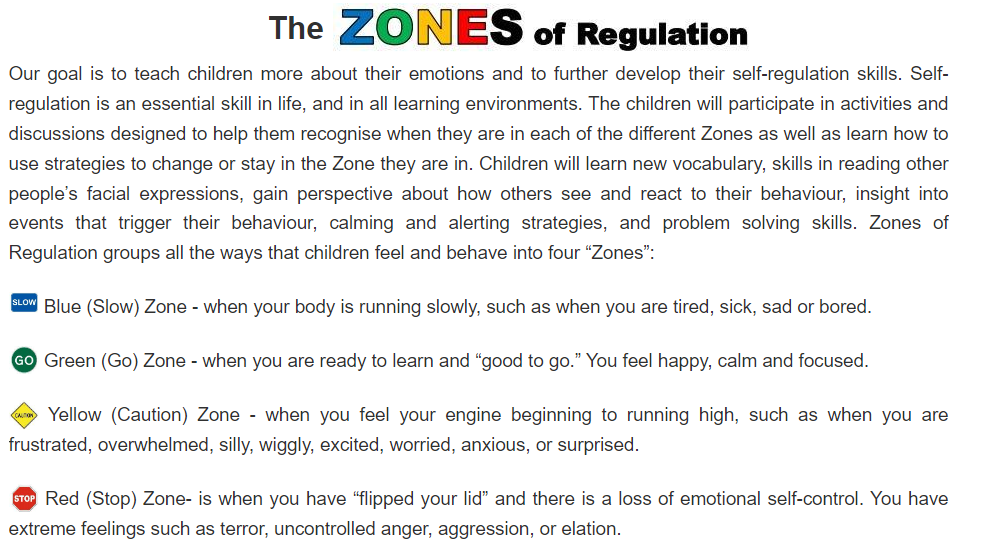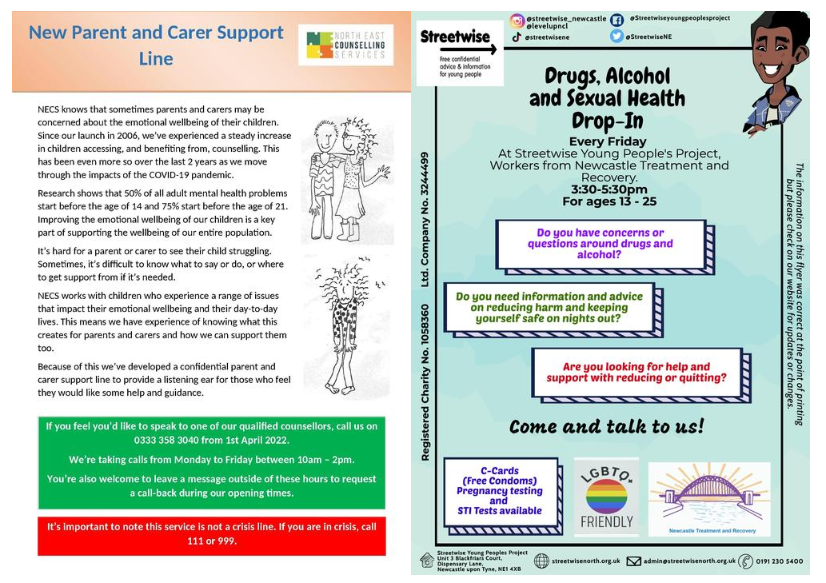Social Emotional Metal Health (SEMH) and Wellbeing
Social and emotional skills are the skills that help children and young people develop their resilience and manage their thoughts, feelings and behaviour.
Thrive at Byker
They are important life skills that support pupils’ ability to cope with and negotiate their way through difficult situations, as well as build positive relationships with their peers and adults. These skills can improve academic attainment and enhance pupils’ motivation, as well as promote wellbeing and help prevent mental health difficulties from developing. Schools can play a pivotal role in building the strong emotional foundations that all of us need in order to thrive and be mentally healthy.
What are social and emotional skills?
Social and emotional skills help children and young people to:
- identify and manage their feelings and their behaviour, and reach out for help where necessary
- build and manage healthy relationships
- have self-control
- resolve conflict
- be self-aware
- handle and overcome difficulties
- make good decisions
- build resilience, self-esteem and confidence
- think positively about themselves and how they perceive the world around them
- recognise and prevent poor mental health
- grow into well-rounded and healthy adults.
Healthy Minds - Mental Health
We all have mental health. Your mental health affects how you feel, think and act. It refers to your emotional, psychological and social wellbeing. Your mental health can change on a daily basis and over time, and can be affected by a range of factors. It’s important to look after your mental health, as you would look after your physical health. Your state of wellbeing affects how you cope with stress, relate to others and make choices. It also plays a part in your relationships with your family, community, colleagues and friends.
Good mental health among children and young people
When children and young people have good levels of wellbeing it helps them to:
- learn and explore the world
- feel, express and manage positive and negative emotions
- form and maintain good relationships with others
- cope with, and manage, change, setbacks and uncertainty
- develop and thrive
When children and young people look after their mental health and develop their coping skills it can help them to boost their resilience, self-esteem and confidence. It can also help them learn to manage their emotions, feel calm, and engage positively with their education - which can, in turn, improve their academic attainment.
What affects children and young people’s mental health?
A child or young person’s mental health will be influenced by many things over time and, because they all have different personalities, they will react and cope with challenging situations in different ways.
How we can support children and young people’s mental health?
Schools are the ideal environment to promote and support pupils’ mental health and wellbeing.
Most children and young people spend a significant amount of time in school and with their teachers, which means that school staff are in a good position to identify a child who may be struggling, and help refer them to get the support they need.
At Byker Primary, we strive to help children develop social and emotional skills, providing them with the coping skills and tools they need to understand and manage their thoughts, feelings, behaviour, goals and relationships.
We do this through teaching health and wellbeing education (PSHE / RSE) and weaving these topics and skills throughout the broader curriculum and school life. Health and wellbeing shouldn’t be taught in isolation but reinforced throughout the curriculum and the time that the child or young person is in school.
Zones of Regulation Overview

Children will first learn to recognise emotions in themselves and others and then about how their emotions and attention to learning are connected. They learn that they move through their Zones throughout the day, and that they can improve their control over their Zones through practise. Children then learn strategies for changing from one Zone to another, encouraging each child to build a repertoire of tools.
None of the Zones are “bad” or “naughty” and we never use either of these terms in school. All of the Zones are expected at one time or another. As the curriculum progresses, children will practise identifying what Zone is expected, and how to change Zones to better match their levels of alertness and emotions appropriate to the situation.
We will provide further ideas and information about our learning as we progress through the curriculum.
Further Support
Mental Health, drugs and alcohol support, helpline for parents
Two posters attached – one for drop-in support sessions about drugs and alcohol. The other for parents who are worried about their children’s mental health. Please share them. These are really good services and very much of the moment. Also on mental health…
The Anna Freud Centre has compiled a list of 94 self-care strategies that young people can use to manage their wellbeing, in consultation with young people and families. Young people can actively contribute to furthering the evidence base around these strategies by letting the project team know what has worked for them, highlighting additional avenues for research. View and share the self-care strategies on the Anna Freud Centre website: https://www.annafreud.org/on-my-mind/self-care/

